Ukraine: Set up for failure from the start
Long time no see, read.cash! I don't usually write articles here anymore, but when I do, it's usually about subjects I've been doing a lot of thinking about, a lot of internal dialogue with myself within my brains, and this is a topic I have been wanting to cover ever since the beginning of the Russian invasion of Ukraine in the late February of 2022.
Now, I won't even pretend to be unbiased and neutral: I'm Hungarian, I have plenty of valid reasons to have an anti-Ukraine bias, and my friend Geri wrote about them. Yes, as of 2022, he wrote that article over a year ago, so you can't accuse him of being Russian propaganda.
With that being said, I will begin explaining why Ukraine was set up to be a failed state from the very start, and how Ukraine is always going to be a ****hole, for lack of a better term.
The Origins of Ukraine
From the Slavs to the Ruthenians

Our story begins in the 6th century Anno Domini. The Migration Period. Rome has fallen, the Germanic tribes have overwhelmed much of the former Roman Empire, and a lot of former Roman territories are being actively Germanized (e.g. Britannia - English is a Germanic language after all), while in others (modern-day France, Spain and Portugal) a Germanic ruling elite rules over the Latin population, such as the Franks and Visigoths. A good deal of Eastern Europe - namely, modern-day Poland and parts of Ukraine were Germanic at one point, but the Germanic migrations during the Migration Period depopulated these regions, leaving a vacuum to be filled. And that vacuum was filled with the Slavs.
But Slavic expansion did not stop there. Between roughly 500 AD and 800 AD, the Slavs also expanded southwards, into formerly Roman Pannonia and Dacia, and eventually Illyria and even parts of modern-day Greece.
At the time, there were no Russians, Ukrainians, Poles, Serbs, or Croatians. There were only Slavs. They all spoke the same language: proto-Slavic or Common Slavic.
Now, eventually, this Slavic unity came to an end. There were two reasons for this:
an unattested, unwritten oral language is not going to remain united in an age without mass long-distance communications when spoken by a people stretching all the way from Novgorod to Thessalonika - it's going to inevitably fragment first into divergent dialects, then into separate languages.
The Hungarian invasion in 895 literally split off the Early Slavs into two major groups. South of Hungary would be the South Slavs (ancestors of today's Slovenians, Croats, Bosnians, Serbs, Bulgarians), while North of Hungary would be the "North Slavs"... which is an umbrella term for the West Slavs (ancestors of today's Poles, Kashubians, Silesians, Czechs, Slovaks) and the East Slavs (ancestors of today's Russians, Ukrainians, Belarusians and Rusyns).
An interesting trivia is that the Slovenians were originally a West Slavic people, but getting isolated from all the other West Slavs - courtesy of my Hungarians - they got absorbed into the South Slavic sphere, thus began speaking a South Slavic language mutually intelligible with Serbo-Croatian. Now they're counted as a South Slavic people.
From the 8th century onward, the Slavic peoples would get Christianized. The West Slavs, Slovenians and Croats became Catholic, while the East Slavs and South Slavs (with the exception of the Croats and Slovenes) became East Orthodox. Keep this in mind, because this is going to be important later on.
Eventually, these three branches of Slavic - East, West, South - would diverge into multiple branches fairly early on. South Slavic diverged into Slovenian, Serbo-Croatian and Bulgarian. West Slavic split into Lechetic (Polish, Silesian, Kashubian), Czech-Slovak and Sorbian. However, East Slavic remained united roughly until the 15th century, when it split into Russian and Ruthenian, the latter of which would diverge further during the 18th century, into Ukrainian, Belarusian and Rusyn.
At this point, some of the more pro-Ukraine readers might stop, and point at me, saying "Haha, gotcha! Russian and proto-Ukrainian (Ruthenian) diverged all the way in the 15th century! They have been separate for 600 years!" - to which I say: not exactly.
The Heart of Russia
You see, national identity is a complicated thing. First of all, Ruthenia is just the Latin name for Russia. Up until the 19th century perhaps, speakers of the Ruthenian languages identified themselves as Rus....sians. No, really, they did, they called themselves Rus.
Modern-day Ukraine was called the "Red Russia" or "Red Ruthenia", or Червонная Русь (Chervonnaya Rus')
Modern-day Belarus was called "White Russia" or "White Ruthenia" or Белая Русь (Belaya Rus')... or Belarus.
Much of modern-day European Russia was called "Black Russia" or "Black Ruthenia" or Чёрная Русь (Chornaya Rus')
Modern-day Transcarpathia/Kárpátalja/Zakkarpatia - ruled by Hungary for much of their history - was called the "Carpathian Russia" or "Carpathian Ruthenia" or Карпатьска Русь (Karpat'ska Rus');
Ukraine itself literally means "the borderlands" in the Slavic languages. There is a region in Croatia called "the (Serbian) Krajna", because it was a border region settled by Serbs. Ukrainian didn't become an ethnic endonym until the 18th century - technically, anyone living on the border of Russia (especially on the border between Russia and Poland) was a "Ukrainian", an inhabitant of "the Ukraine" (the borderlands). For much of their history, the ancestors of the modern-day Ukrainians identified as (Red) Rus...sians.
That's right, Putin's claims about Russians and Ukrainians being one nation isn't some revisionist history or propaganda - over three hundred years ago, Ukrainians really did identify as descendants of the Rus, just like the Muscovites who came to subjugate them... or liberate them from Polish rule, as the Russians prefer to say.
But who are the Rus anyway? Where did they come from, and what can we know about them, besides the fact that they're East Slavic?

Just like how they spoke a single language for a long time, they were all parts of a state called the Kievan Rus. Yes, the capital of modern-day Ukraine, Kiev - or Kyiv, if you insist - was also the heart of the Rus, the birthplace of Rus(sian) culture and national identity.
But like all good things, the Kievan Rus had to end, and rather than going out with a bang, it went out with a whimper: from the early 12th century onward, more and more territory was sliced off from it, with its principalities gradually going fully independent. Among other territories, Halych and Volhynia changed hands between Poland and the Rus' consistently, with even Hungary occasionally conquering Halych, at least temporarily during the early 13th century.

In 1237, the Mongols under Batu Khan invaded the Kievan Rus, burned Kiev to the ground, destroying its beautiful libraries and churches. Practically all of the former Kievan Rus' became vassals of the Mongol Empire, and later the Golden Horde.
From Poland-Lithuania to Muscovite rule
While Mongol Yoke would rest on the Black Russian neck until 1480, the White Russians and Red Russians received their liberation from the Tatars a century earlier, with the Grand Duchy of Lithuania conquering Kiev in 1362.
Much of modern-day Ukraine would come under Polish-Lithuanian rule, which would last until.... depending on which pat of Ukraine we're looking at, 1658 at earliest, 1772 at latest. With the notable exception of Halych and Volhynia, all of Ukraine came under Russian rule in the late 17th century (Halych would go under Austrian or Austro-Hungarian rule in the late 18th century, would Volhynia too would fall under Russia only during the late 18th century - this would have long-lasting consequences).
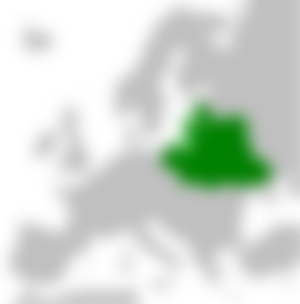
Polish rule was not kind to Red Ruthenia / Ukraine, to say the least. Under the rule of the Polish-Lithuanian Commonwealth, there were forced conversions to Roman Catholicism, forced Polonization, suppression of the Eastern Orthodox Church and the Red Russian / Ruthenian / Ukrainian identity. In fact, some parts of Ukraine were practically ethnically cleansed of the native Ruthenians to make room for Polish settlers.
Under Polish rule, a new subculture would develop primarily among the Ruthenian subjects of the Polish-Lithuanian Commonwealth living in the border regions between Poland, Russia and the Golden Horde: the Cossacks, who were essentially the Vikings of Early-Modern Eastern Europe - albeit, Ukrainian Nationalists love claiming all of the legacy of the Cossacks to themselves, in reality, to be a cossack was more defined by lifestyle and occupation rather than ethnicity, just like how "viking" was originally a verb - something you did - rather than a noun or adjective - something you were.
These Cossacks launched multiple rebellions against the Polish crown, the most famous of which was led by Bohdan Khmelnytsky in 1648. Khmelnytsky first allied himself with the Crimean Tatars, but upon finding their aid inadequette, he sought protection from the Tsar of Russia, who was happy to provide it to him.
In 1668, Kiev officially became a part of the Russian Tsardom, and with it much of Ukraine, save for Halych and Volhynia. Of course, the Russians interpreted the word "protection" a bit differently from the Cossacks, and almost instantly began to curtail the autonomy they promised them.
The Ruthenian Cossacks fighting for Sweden against Russia during the Battle of Poltava in 1709 was the last straw, which caused Russia to strip away the last vestiges of the Cossack Hetmanate's autonomy.
While the cossacks would launch a few more unsuccesful rebellions against Russian rule, they would all fail, and Ukraine would remain under Russia rule until 1917. Under the Tsardom's rule, Ukraine would be known as "Little Russia".
Soviet and Post-Soviet Times: A Country is born
As I stated previously in the article, Ukrainian national identity only came into existence during the 18th or 19th century - it did not exist during the time of the Cossacks. Cossacks like Bohdan Khmelnytsky identified as (Red) Rus'. If you took a time machine to visit Kiev at any time between 1400 and 1800, and asked the local Ukrainians about their ethnic identity, they would have answered "Rus" or "Russian". Putin's phrase about the Russians, Ukrainians and Belarusians being one nation separated by an artificial border is not an empty phrase: it was a reality at one point.
There was never an independent country named Ukraine prior to 1917, and even in 1917, there was still competition between the Ukrainian identity and the Little Russian identity. With all the intermingling between Russians and Ukrainians, all the Russification, it's really a miracle that the Ukrainian identity won in the end.
In 1917, the Russian Civil War led to the creation of a short-lived independent Ukrainian state: the People's Republic of Ukraine. This short-lived state actually excluded Crimea and the Donbass region, both of which remained parts of Russia Proper at the time. Halych and Volhynia became parts of the newly-independent Poland, rather than the short-lived Ukrainian state.
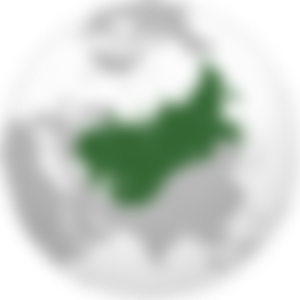
In 1922, this People's Republic of Ukraine was absorbed into the Soviet Union, replaced by the Ukrainian Soviet Republic. Under Stalin's rule, there was brutal repression, more Russification, the Holodomor (millions of Ukrainians starving to death in Stalin's man-made famine in 1932), and generally bad things - so it's no wonder that when Hitler's Germany invaded in 1941, the Ukrainians provided an ample amount of collaborators to the Germans. Following WW2, Halych and Volhynia became parts of Ukraine again.

Following Stalin's death and the ascension of Nikita Khrushchev to power in the 1950s - I guess as an apology for the Holodomor - Khrushchev simply expanded the Ukrainian Soviet Republic with the historically Russian regions of Donbass and Crimea. It's important to keep in mind though, that this was merely an administrative boundary: Russian was the main language of the USSR, so living in the Ukrainian Soviet Republic meant no difference from living under the Russian Soviet Republic. The various non-Russian languages within the Soviet Union were neglected in practice anyway, despite being respected on paper.
How to fail at being a country
A House Divided
In 1991, the Soviet Union broke up into 16 separate countries, including Russia and Ukraine. This had wide-ranging consequences, but among them saw the rise of Nationalism in the various post-Soviet countries, which would be highly problematic for the Russian minorities living in the various post-Soviet countries that weren't Russia. Just to name an example, in Ukraine, roughly one third of the population are ethnic minorities, chiefly Russians, but also my fellow Hungarians.

Anyone who has studied the Yugoslav Wars in detail knows what this situation could very easily lead to: war. Which is specifically what happened in 2022, but more on that later.
Remember when I mentioned that longer-lasting Polish rule would have consequences for parts of Ukraine?
Easterm Ukraine - which fell under Russian rule earlier, has a rather visible Russian-speaking minority, with some straight-up Russian-majority regions, like Crimea and the Donbass - became a hotbed for pro-Russian politics after 1991, while Western Ukraine - especially Halych and Volhynia, which were ruled by Poland for the longest time - gravitated more towards the West, with dreams of a "European Ukraine".
Ukraine has been a divided country from the very start. As I just said, one third of the country is ethnic minorities (predominantly Russians), a marked Northwest-Southeast division, etc.
Geography is destiny - a matter of national (in)security
Geography can be a major problem for any country. Geography is destiny, and Ukraine is a very unenviable position: no easily defensible borders, not much in the terms of rare precious resources beyond fertile farmlands. Ever since its independence in 1991, Ukraine has been sandwiched between the West and Russia, which is once again, a very unenviable position.
To a large extent, the recent war between Ukraine and Russia has its origins in the 1980s: at the time, the declining Soviet Union was led by Mikhail Gorbachev, who sat down with the leaders of the Western powers, with NATO, giving his blessings to future German reunification in exchange for there being no eastwards expansion of NATO. In 1991, the Soviet Union got dissolved, and NATO decided not to take this agreement seriously: they recruited the Visegrád Four (Hungary, Czechia, Slovakia, Poland) in 1998, and then the Baltic states in 2004.
This broken promise made the Russians rather paranoid. You see, just like Ukraine, Russia too lacks easily defensible borders. A prospect of a pro-Western Ukraine as part of both the EU and NATO frightens the Russians to highly degree, and this fear is not unjustified: if Ukraine were to join NATO, they would have nuclear missiles within striking range of Moscow.

Whether we like it or not, buffer zones are a thing, spheres of influence are a thing - Russia isn't there in Canada or Mexico, while America is pushing its nose right into Russia's backyard.
For Russians, this war was basically a now-or-never decision, knowing that if Ukraine was followed to continue with its pro-Western policies, NATO would have good strategic locations to strike Russia from, sanctions would come with or without the war and invasion of Ukraine, etc. and NATO wouldn't stop until complete supremacy was achieved over Russia, with probably a puppet regime installed in Moscow.
Russia desperately needs either a pro-Moscow or demilitarized & neutral Ukraine, otherwise it has an undefended western flank.
The Russians watched with clenched fists as the Ukrainian state continued to flirt with the idea of joining the EU and NATO. The Russians - very reluctantly, but still - sat ildly as Ukraine began its campaign to ethnically cleanse the Russians out of the Donbass region. The discovery of American-operated bioweapons labs was the last straw for the Russians. On the 26th of February, 2022, they decided to invade.
30 Years and nothing to show for it
Why do the Russians of Donbass want so desperately to be part of Russia rather than Ukraine? The answer is simple: because the Ukrainian state is a joke. Every post-Communist state in Europe multiplied their living standards, their GDP-per-capita by a hundredfold since the fall of the Soviet Union, except Ukraine. Ukraine remained poor, if not gotten even poorer. Unemployment went up the roof, there was massive brain-drain, and the Donbass region was hit the hardest.

The Ukrainian state and government had over three decades to prove to all their ethnic minorities that it's awesome to live under the Ukrainian flag and be Ukrainian - instead, they embezzled all the money, made life unlivable (not just for the ethnic minorities, but also the ethnic Ukrainians) by economically vampirizing the entire country, etc. For lack of a better term, Ukraine is like a third world country. Living standards are the second lowest in Europe, bottomed only by Moldavia. Ukrainian politics can only be summed up with one word: corruption.
The Russians of Donbass have every right to believe, that they have no future under Ukraine. And really, who was it that set the precedent? It was the West. By bombing Yugoslavia in the late 1990s ostensibly to prevent a genocide of the Albanians who were striving for independence, the West set the very precedent that Russia is following right now by intervening in Ukraine, by conducting their "special military operation".
So, what does the future hold for Ukraine?
Unless the Ukraine-Russia conflict escalates into WW3 - which will no doubt result in nuclear annihilation for the entire human species - there are two potential outcomes for the war:
Greater Russian Victory: Russia annexing parts of Ukraine and installing a pro-Russian puppet government.
Lesser Russian Victory: Ukraine cedes some Russian-majority land to Russia and agrees to becoming an Austria-style demilitarized neutral state, a buffer zone.
Regardless of the outcome of the war, the future of Ukraine is clearly within the Russian sphere of influence. Putin made it very clear that he will not tolerate the existence of a pro-Western Ukraine, and he considers Ukrainians and Russians a single nation separated by an artificial border to begin with.
Ukraine really doesn't have a future. She is like the zombie of a stillborn fetus. Being in such close proximity to Russia - which has a tendency to be led by expansionistic autocrats - renders the realistic chance of being part of a "modern, westernized Europe" near zero, and the alternative - being part of the Russian sphere of influence - will inevitably result in Ukraine being absorbed into Russia.
But I could be wrong.

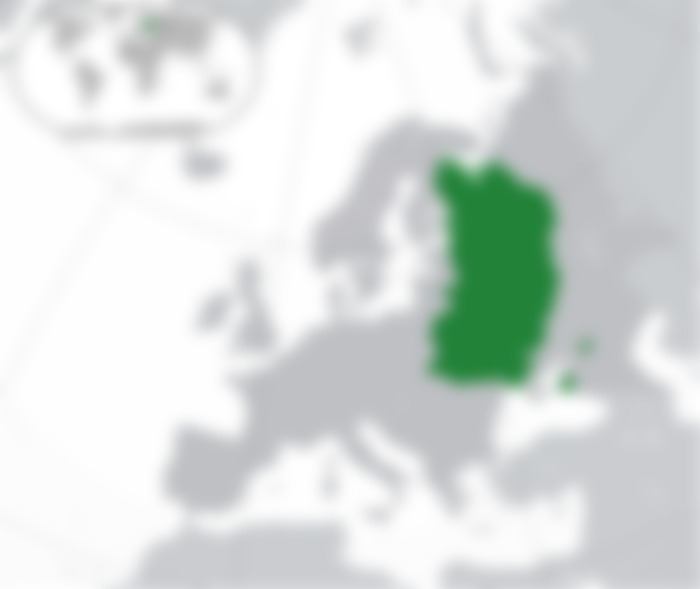
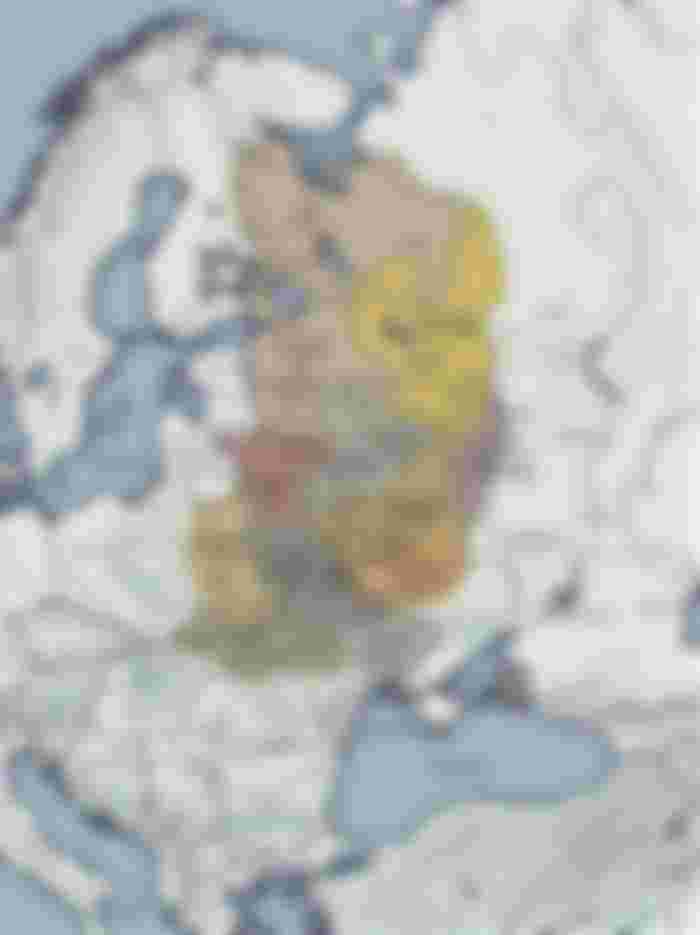
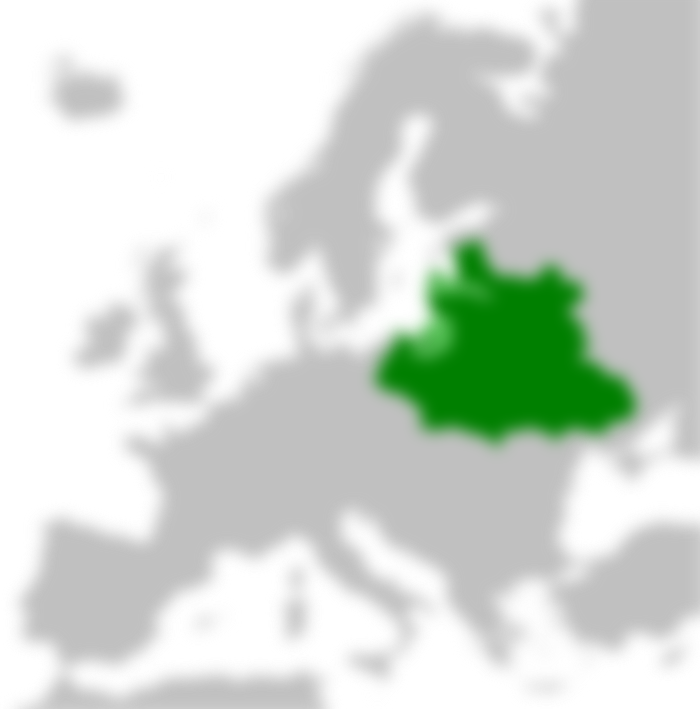
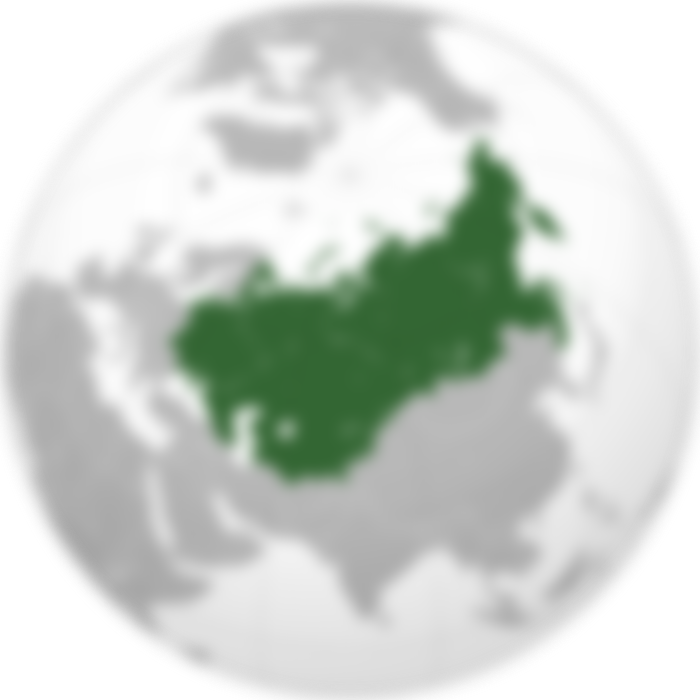

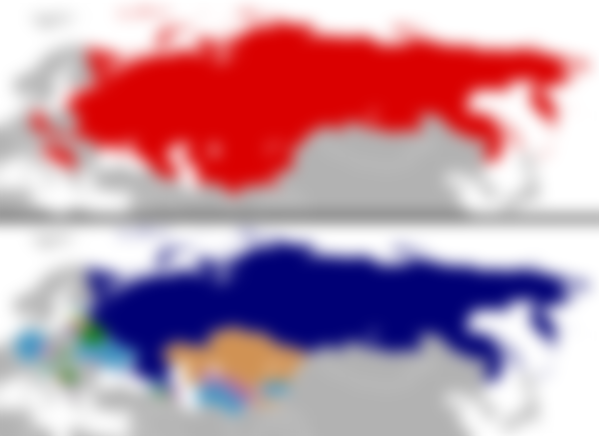
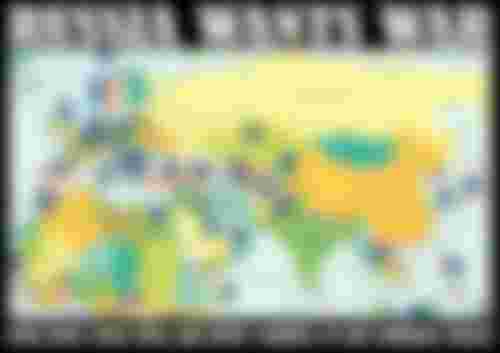
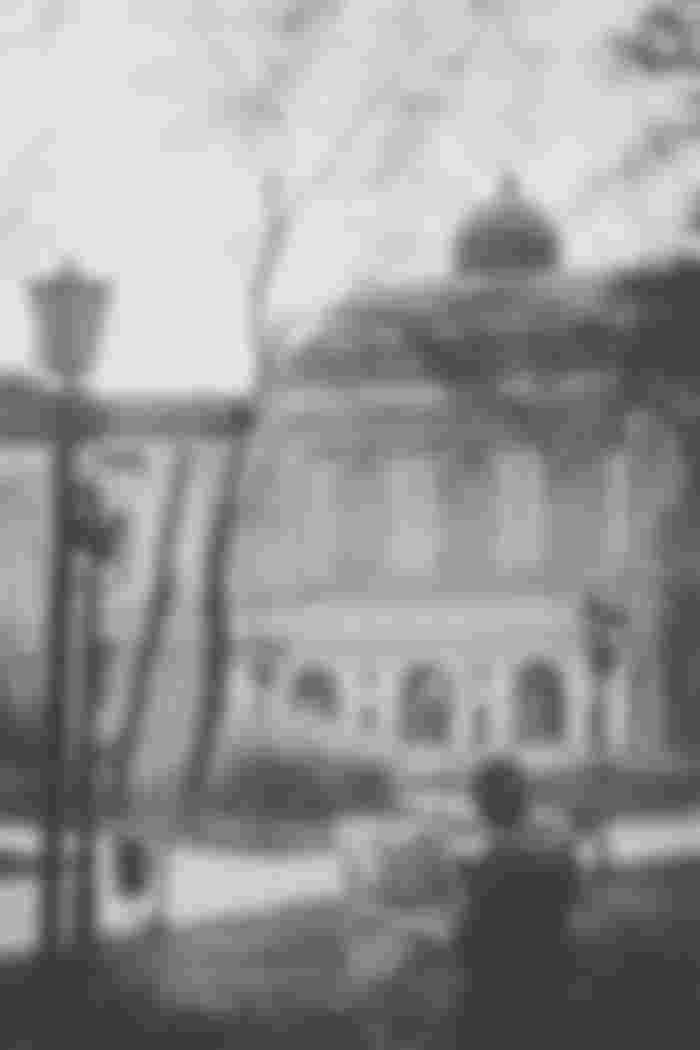
un gran análisis, pero no creo que putin haya calculado el costo político de la invasión a ucrania, que bueno seguir aprendiendo de estos temas, en estas plataformas independientes y sin censura,saludos